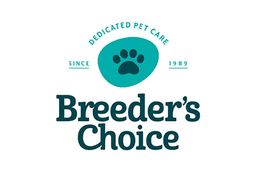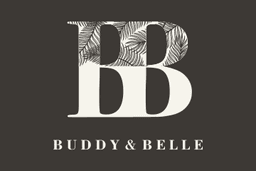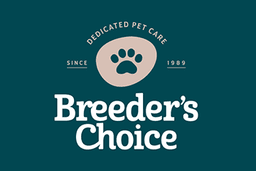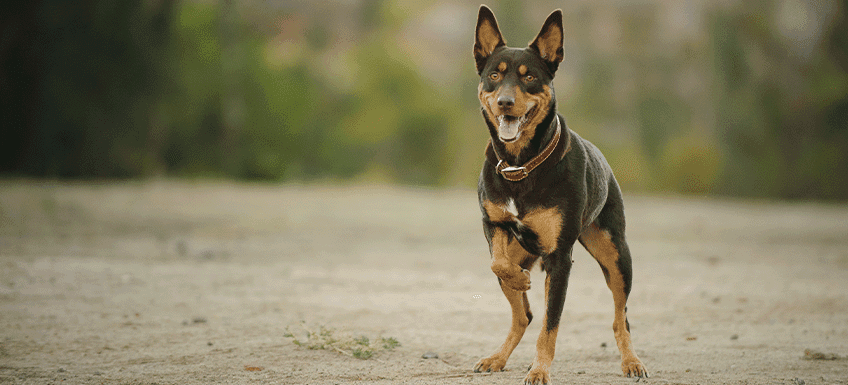The Australian Kelpie is a remarkable working dog breed, celebrated for its energy, intelligence, and top-tier herding abilities. Often referred to as “dog’s dogs,” Kelpies are known for their strong drive and natural ability to bond with both humans and other animals. Originally bred to tackle the tough terrain and extreme climates of the Australian outback, Kelpies have become invaluable to farmers and ranchers globally. Their sharp minds and relentless work ethic make them stand out not just in herding but in a range of dog sports and activities. While they’re known for their working prowess, Kelpies can also be affectionate companions, making them a great match for active families or individuals who appreciate a dynamic, loyal dog.
Kelpie Dog Breed Facts & Characteristics
| Dog Breed Facts & Characteristics | Details |
|---|---|
| Origin | Australia, 1800s |
| Also known as | Australian Kelpie, Kelpie, Barb |
| Bred for | Herding livestock, particularly sheep |
| Size | Medium; 38 to 51 cm in height |
| Weight range | 11 to 21 kg |
| Colours | Black, red, fawn, chocolate, smokey blue, black & tan, red & tan |
| Life expectancy | 11 to 15 years |
| Coat | Short, dense, weather-resistant double coat |
| Temperament | Intelligent, energetic, independent |
| Exercise requirements | Very high, Likely to excel at sports such as agility |
| Best suited for | Active families, farmers, experienced dog owners |
| Apartment friendly | No, better suited to rural or suburban homes |
Personality
Australian Kelpies are famed for their intelligence, independence, and endless energy. These qualities make them outstanding working dogs, especially when it comes to herding livestock. They're fast learners and thrive in environments where they have a job to do, whether that's herding, agility training, or anything that keeps them active and engaged. Kelpies are so sharp they can even work independently, quickly assessing situations and making decisions without waiting for human instructions. While their independent streak can sometimes make them a bit headstrong, early training and socialisation are key to ensuring they grow into well-mannered adults. Despite their working background, Kelpies are incredibly loyal and form close bonds with their families. However, their high energy levels mean they’re best suited to active homes where they can get plenty of mental and physical exercise.
Grooming
The Australian Kelpie's short, dense coat makes grooming fairly straightforward. A good brushing once a week will help keep their coat in great shape, removing loose hairs and distributing natural oils for a healthy shine. When shedding season hits (usually twice a year), you'll want to brush them more frequently to manage the extra hair. Kelpies tend to stay pretty clean on their own, but if they've had a particularly muddy day working or playing, an occasional bath will help keep them fresh. Don’t forget the essentials: regular ear checks, nail trims, and dental care are all part of the routine to ensure they stay in top form.
Feeding
Feeding an Australian Kelpie means paying close attention to their energetic lifestyle and working dog roots. Their meals should provide the right balance of nutrients, with a focus on higher protein and fat content to fuel their active days. Adult Kelpies typically do well with two meals a day, but portions should be tailored to their age, weight, and activity level. Puppies, on the other hand, need more frequent meals to support their rapid growth. For such an active breed, considering a diet formulated for working dogs can be a great way to ensure they're getting the extra joint and muscle support they need. As always, plenty of fresh water should be available, and it’s important to avoid overfeeding to help prevent weight-related health problems.
Common Health Concerns
Australian Kelpies are hardy and generally healthy, but like any breed, they have a few common health issues to watch for. Hip dysplasia, where the hip joint doesn’t form correctly, can sometimes occur, leading to discomfort and mobility issues as they age. Another concern is progressive retinal atrophy (PRA), a condition that affects the eyes and can cause blindness over time. Patellar luxation, which is when the kneecap slips out of place, is also something to be aware of. The best way to keep your Kelpie in great health is through regular vet check-ups, a balanced diet, and plenty of exercise to maintain their overall fitness and well-being.
Did You Know?
In 2021, an Australian Kelpie named Hoover became the most expensive working dog ever sold at auction, fetching a staggering $35,200 AUD! Hoover’s remarkable herding skills and ability to work independently made him highly sought after by farmers. This record-breaking sale showcases just how valuable and respected Kelpies are in the farming community for their unmatched work ethic and intelligence.
FAQs
How much exercise does an Australian Kelpie need?
Kelpies need at least 1-2 hours of exercise every day. Whether it’s running, hiking, or excelling in dog sports like agility or herding trials, they love to stay active. Built for endurance, they can run up to 60 kilometres a day when herding! Without enough activity, Kelpies can get bored, which may lead to behavioural issues, so keeping them engaged is essential.
Are Kelpies easy to train?
Kelpies are incredibly sharp and quick to learn, which makes them fairly easy to train, especially when engaged in activities they enjoy. However, their independent streak can make them a bit stubborn at times. Positive reinforcement and early socialisation are key to shaping them into well-mannered, responsive dogs.
Are Kelpies good with children?
Kelpies can be great with children, especially if raised together. However, their herding instincts might lead them to nip at heels or try to “herd” younger children. Supervised interactions and early training will help curb these behaviours, making them gentle family companions.
Are Australian Kelpies good with other pets?
Kelpies usually get along well with other dogs, particularly when socialised from an early age. Their strong herding instincts, however, mean they may not always be the best fit for homes with smaller pets like cats or rabbits unless introduced and trained carefully.
Do Kelpies bark a lot?
Kelpies can be quite vocal, especially when they’re bored, anxious, or trying to get your attention. They also bark to alert their owners to anything unusual. Proper training and keeping them mentally stimulated can help manage excessive barking.
Do Kelpies need a job to stay happy?
Kelpies thrive when they have a purpose. Whether it's herding, agility training, or mental challenges like puzzle toys, giving them a “job” helps keep them engaged and satisfied. Without regular tasks or activities to focus on, they can become bored and may develop destructive behaviours.
How do I socialise a Kelpie properly?
Early and consistent socialisation is crucial for a Kelpie. Introducing them to a wide variety of people, environments, and other animals from a young age will help prevent over-protectiveness or aggression later on. Puppy classes, walks in different settings, and exposure to other dogs are excellent ways to start.
Are Kelpies good guard dogs?
While Kelpies are protective of their families, they are not typically considered guard dogs. They are more likely to alert you to potential threats rather than confront them.
Can Kelpies live outdoors full-time?
While Kelpies are tough, outdoor-loving dogs, they are happiest when they can split their time between being outdoors and spending time with their family indoors. Leaving them outside full-time can lead to loneliness and behavioural issues, as they are incredibly loyal and social animals.





























